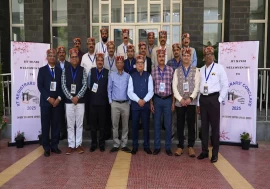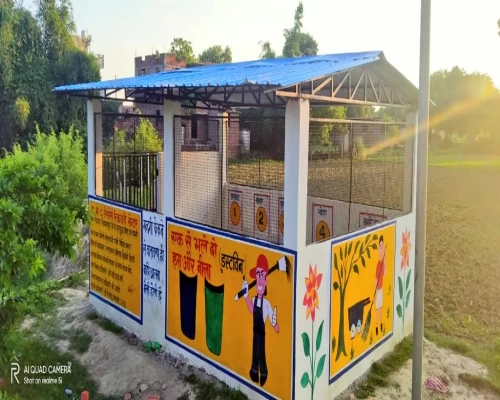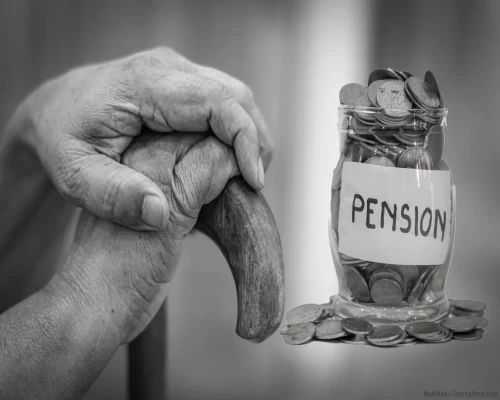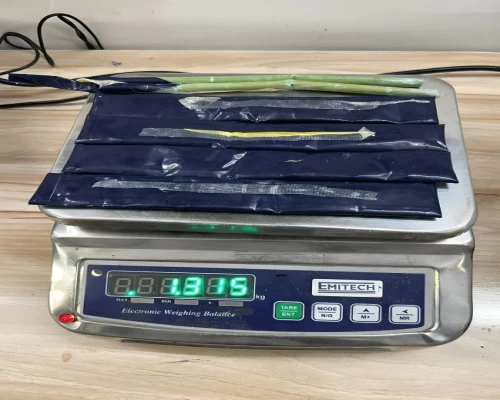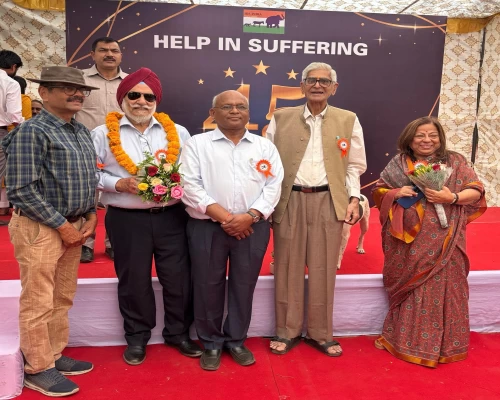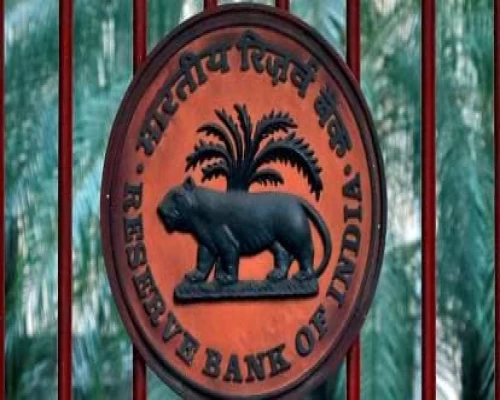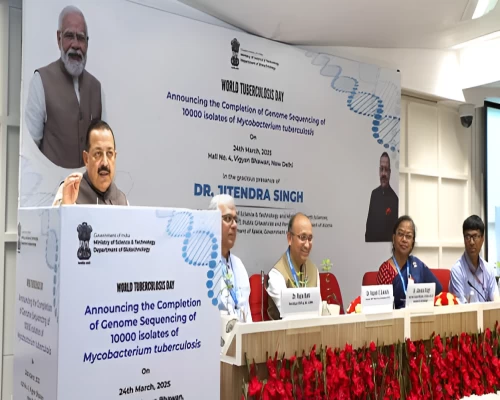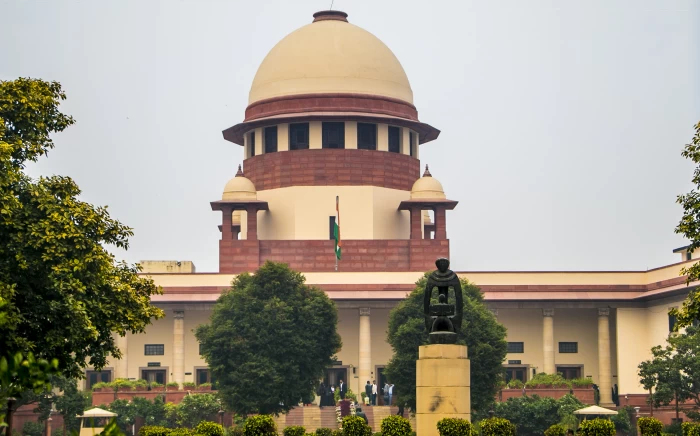
New Delhi: In a landmark decision, the Supreme Court of India has ruled that Section 479 of the Bharatiya Nagarik Suraksha Sanhita (BNSS) will have retrospective effect, mandating the release of undertrial first-time offenders who have already served one-third of the maximum punishment prescribed for their alleged offences. This ruling is set to bring relief to numerous undertrial prisoners across the country.
Key Details of the Ruling
The BNSS, which was enacted earlier this year alongside the Bharatiya Nyaya Sanhita and Bharatiya Sakshya Sanhita, contains provisions aimed at reforming India’s criminal justice system. Section 479 specifically mandates the release of first-time offenders who are undertrials and have served a significant portion of their potential sentences. Although these laws came into effect recently, the Supreme Court bench comprising Justices Hima Kohli and Sandeep Mehta, upon the request of Additional Solicitor General Aishwarya Bhati, decided that this provision should apply retrospectively.
Justice Kohli emphasized the need for swift action, directing jail superintendents nationwide to initiate the process of granting bail to eligible undertrial prisoners. “Let the undertrial prisoners who meet the criteria spend this Diwali with their families,” Justice Kohli stated, underscoring the urgency of the matter. The court has given a two-month timeframe for this process to be completed and instructed jail authorities to report back to the respective state governments.
Expansion of Release Criteria
The bench also considered a request from ASG Bhati to extend the scope of release to include undertrial prisoners who, although not first-time offenders, have served half of the maximum punishment prescribed for their alleged crimes. This additional category is also being reviewed for early release under the new guidelines.
However, the court clarified that these provisions for early release would not apply to individuals accused of committing heinous crimes, ensuring that public safety remains a priority.
Follow-Up and Future Hearings
The Supreme Court has directed state governments and Union Territories to compile data on the release of these two categories of undertrial prisoners and submit a status report within two months. The matter is scheduled for further hearing in October, by which time Justice Kohli will have retired from the Supreme Court.
This ruling by the Supreme Court has been seen as a significant step towards ensuring justice and human rights for undertrial prisoners in India. It not only seeks to decongest prisons but also aims to uphold the principle of fair and humane treatment for those awaiting trial. /BI/



